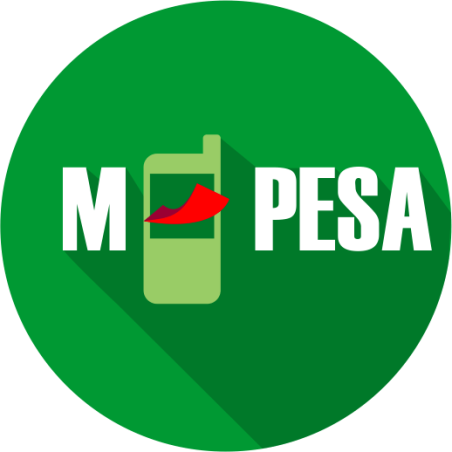M-Pesa to offer cash advances to clients

VICTOR AMADALA
Safaricom users can now pay for goods and services even when they lack enough funds, piling pressure on conventional banks.
Dubbed Fulisa or Okoa M-Pesa, the overdraft product launched in partnership with Commercial Bank of Africa (CBA) and Kenya Commercial Bank (KCB) allows users to borrow as much as Sh50,000 payable within a month and attracts an interest of 0.5 percent per day, translating to 15 percent per month.
The product uses algorithms based on customer’s M-Pesa transaction to determine the overdraft limit.
Safaricom and CBA Bank through their communication representative told the Star that details about the product will be issued today. The telco announced plans to unveil the product when it announced its half-year results in November last year.
A Fulisa subscriber with no money in his M-Pesa account can walk into a restaurant, eat food worth Sh2,000, go to Lipa na M-Pesa and get an overdraft to settle the bill. Safaricom will then deduct the amount from his account once it is topped up.
For Sh2000 at 0.5 percent interest per day, the amount spent comes to Sh2010. The interest paid grows to Sh300 in a month. This interest is double that of M-Shwari which stands at 7.5 percent per month.
The institutions are leveraging on the increasing mobile money use, with latest data from the Communication Authority showing that Kenyans transacted just above Sh2 trillion for three months in the period ending September 2018.
The two lenders are banking on the partnership with Safaricom, a dominant player in the country’s mobile network sector to boost their competitiveness in the digital consumer loans market awash with several lending apps.
This is the second time the two banks are partnering with Safaricom to launch mobile lending products.
Commercial Bank of Africa was the first to launch M-Shwari with Safaricom in November 2012. The product allows Safaricom users to borrow at 7.5 percent per month.
The telco unveiled KCB M-Pesa in March 2015 that lends to users at two per cent per month.
SOURCE:THE STAR
 Africas leading resource for digital financial services
Africas leading resource for digital financial services


comments